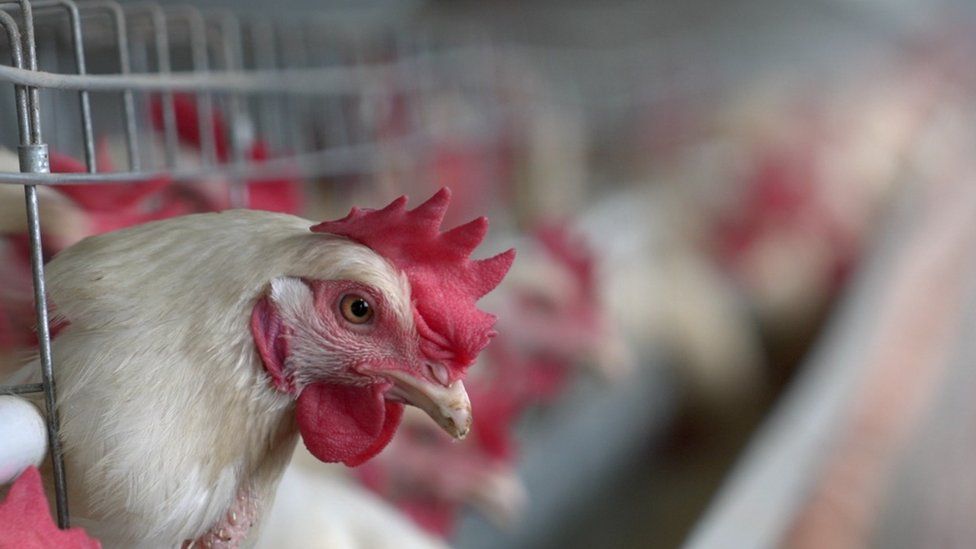-

-
-
Loading

Loading

South Africa is facing a severe egg shortage due to one of the worst outbreaks of bird flu in the country’s history. Millions of chickens have been culled, leading to a decrease in poultry meat supply and a scarcity of eggs in supermarkets across the nation. Experts predict that the shortage will cause a rise in egg prices, which is concerning since eggs are an affordable source of protein for many people living in poverty. The flu outbreak has also greatly affected retailers, farms, and industry giants, with the nation’s largest chicken producer stating that the sector has been "ravaged" by the crisis. Social media sites are flooded with images of empty supermarket shelves, and many shoppers have found that stores still selling eggs have implemented buying limits. Online shopping platforms are also experiencing shortages. The impact of the shortage is significant for low-income individuals like Nomalanga Moyo, a domestic worker who buys eggs weekly to include in her children's lunchboxes. The scarcity of eggs will not only lead to increased costs for consumers, but it will also affect the prices of other food products that rely on eggs and poultry. Businesses, including small enterprises, are feeling the effects of the flu outbreak as well. For instance, bakery owners are struggling to find affordable eggs to fulfill high cake orders during wedding and graduation seasons. However, some poultry farms, like Ukulinga in KwaZulu-Natal, have implemented strict biosecurity measures and seen increased demand as a result. Unfortunately, it is estimated that it will take six months for the poultry sector to replace the culled chickens, meaning that the shortage could last well into 2024. The government has considered purchasing bird flu vaccines to address the crisis, and officials have reassured the public that chicken products on store shelves are safe for consumption.